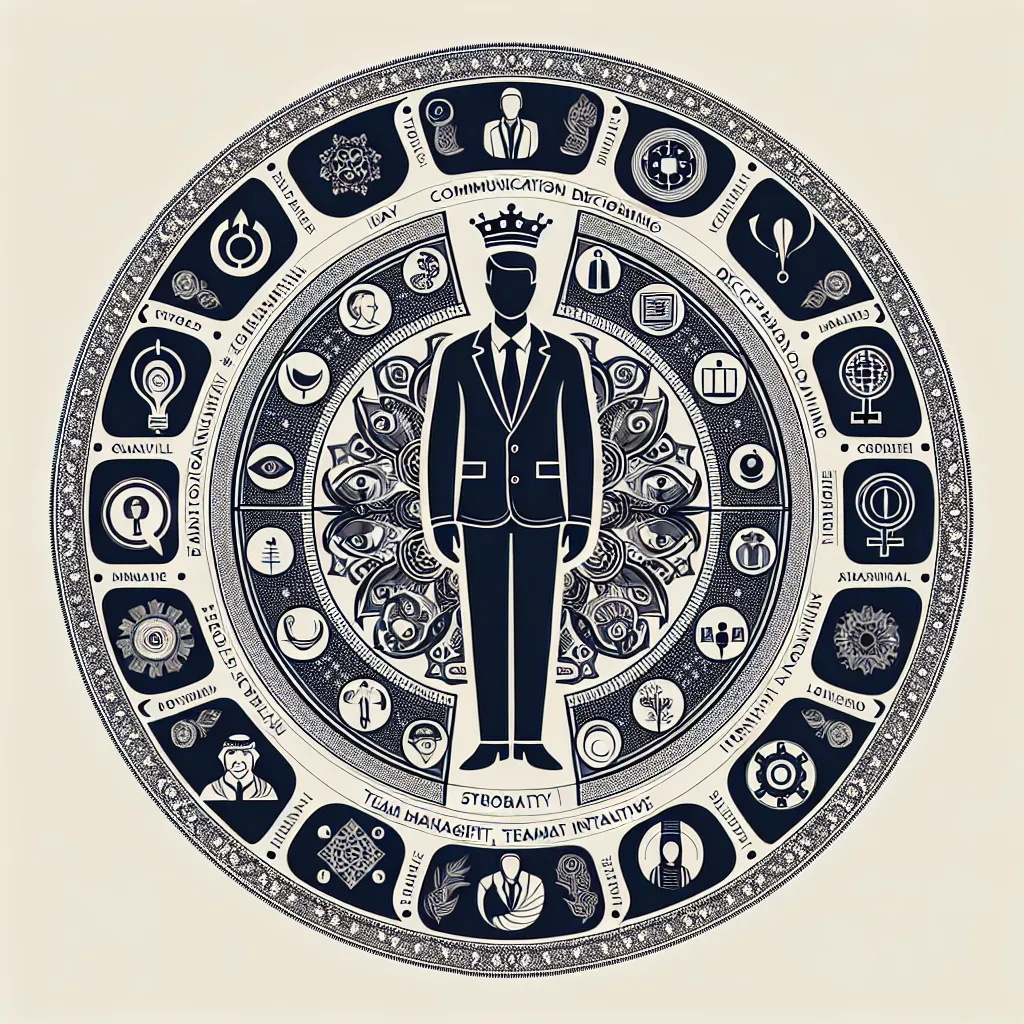In today’s competitive job market, being able to effectively communicate your problem-solving skills in English is crucial. One common interview question that often stumps candidates is “How do you handle difficult situations?” This article will guide you through crafting impressive responses to this challenging question, helping you showcase your ability to navigate complex scenarios with confidence and professionalism.
Understanding the Question’s Importance
Before we dive into specific strategies, it’s essential to understand why interviewers ask this question. They want to assess your:
- Problem-solving skills
- Ability to remain calm under pressure
- Adaptability and resilience
- Communication skills
- Self-awareness and emotional intelligence
By asking about difficult situations, interviewers gain insight into your past experiences and how you might handle future challenges in their organization.
 Interview Preparation
Interview Preparation
Key Perspectives Employers Consider
When evaluating your response to this question, employers typically focus on several key aspects:
1. Approach to Problem-Solving
They want to see if you have a structured approach to tackling challenges. Do you panic, or do you methodically work through issues?
2. Communication Skills
Your ability to articulate complex situations clearly in English is crucial, especially for roles requiring frequent interaction with English-speaking colleagues or clients.
3. Emotional Intelligence
How you manage your emotions and those of others during difficult times is a key indicator of your leadership potential.
4. Learning and Growth
Employers value candidates who can reflect on challenging experiences and demonstrate personal growth.
Sample Answers and Analysis
Let’s look at some effective ways to answer this question, along with explanations of why they work well.
Example 1: Project Management Challenge
“In my previous role as a project manager, we faced a significant setback when a key team member unexpectedly left mid-project. To handle this, I first assessed the impact on our timeline and deliverables. Then, I reorganized the team’s responsibilities, prioritizing critical tasks. I also communicated transparently with stakeholders about potential delays and our mitigation strategy. By staying calm and focused, we were able to complete the project with only a minor delay and received positive feedback from the client for our handling of the situation.”
Why this works: This answer demonstrates clear problem-solving steps, leadership skills, and effective communication. It also shows adaptability and a positive outcome despite the challenge.
Example 2: Customer Service Dilemma
“As a customer service representative, I once dealt with an extremely irate customer who was dissatisfied with our product. I listened attentively to their concerns without interrupting, which helped de-escalate their anger. I then apologized sincerely and proposed a solution that went beyond our standard policy. By remaining patient and empathetic, I was able to turn the situation around. The customer not only calmed down but also became a loyal advocate for our brand.”
Why this works: This response highlights emotional intelligence, patience, and the ability to think creatively to solve problems. It also demonstrates the candidate’s skill in turning a negative situation into a positive outcome.
 Customer Service Interaction
Customer Service Interaction
Tips for Answering Unexpected Questions
Sometimes, you might be asked about a situation you haven’t encountered before. Here are some strategies to handle this:
-
Stay calm: Take a deep breath and remember it’s okay to take a moment to think.
-
Use the STAR method: Even if you don’t have a direct experience, structure your answer using Situation, Task, Action, and Result.
-
Draw from related experiences: If you haven’t faced that exact situation, think of a similar challenge you’ve overcome.
-
Be honest: It’s okay to admit you haven’t encountered that specific scenario, but follow up with how you would approach it based on your skills and experiences.
-
Focus on your problem-solving process: Describe your general approach to difficult situations, emphasizing your analytical and interpersonal skills.
Common Mistakes to Avoid
When answering this question, be careful to avoid these pitfalls:
-
Avoiding the question: Don’t say you’ve never faced a difficult situation. Everyone has, and this can make you appear inexperienced or unaware.
-
Blaming others: Focus on your actions and solutions, not on pointing fingers.
-
Choosing an irrelevant example: Ensure your situation is professional and relevant to the job you’re applying for.
-
Lack of reflection: Don’t just describe the situation; explain what you learned from it.
-
Overemphasis on the problem: Spend more time discussing your solution and the positive outcome than dwelling on the difficulty itself.
Follow-up Questions and Suggested Responses
Interviewers might ask additional questions to delve deeper into your experience. Here are some potential follow-ups with suggested response strategies:
-
“Can you give another example of a difficult situation you’ve handled?”
- Be prepared with multiple examples from different contexts to showcase your versatility.
-
“What was the most challenging part of that situation for you?”
- Be honest about the challenges, but focus on how you overcame them.
-
“How did that experience change your approach to problem-solving?”
- Highlight personal growth and lessons learned.
-
“How do you typically react in high-pressure situations?”
- Emphasize your ability to stay calm, think clearly, and take decisive action.
-
“If you faced a similar situation now, would you handle it differently?”
- Show your capacity for reflection and continuous improvement.
-
“How do you prioritize tasks when dealing with multiple challenges?”
- Describe your organizational and time management skills.
-
“Can you tell me about a time when your initial approach didn’t work?”
- Demonstrate adaptability and willingness to pivot when necessary.
-
“How do you handle disagreements with team members during difficult situations?”
- Showcase your conflict resolution and collaboration skills.
Conclusion
Mastering the art of answering “How do you handle difficult situations” in English can significantly boost your chances of interview success. Remember to structure your response clearly, focus on positive outcomes, and demonstrate your problem-solving skills and emotional intelligence. Practice your answers out loud to improve your fluency and confidence.
For more tips on acing your English interview, check out our articles on how to talk about your experience with project management and how to explain your ability to adapt to change in English. These resources will further enhance your interview skills and help you present yourself as a confident, capable professional.
Remember, the key to a successful interview lies in thorough preparation and genuine self-reflection. Good luck with your upcoming interviews!




